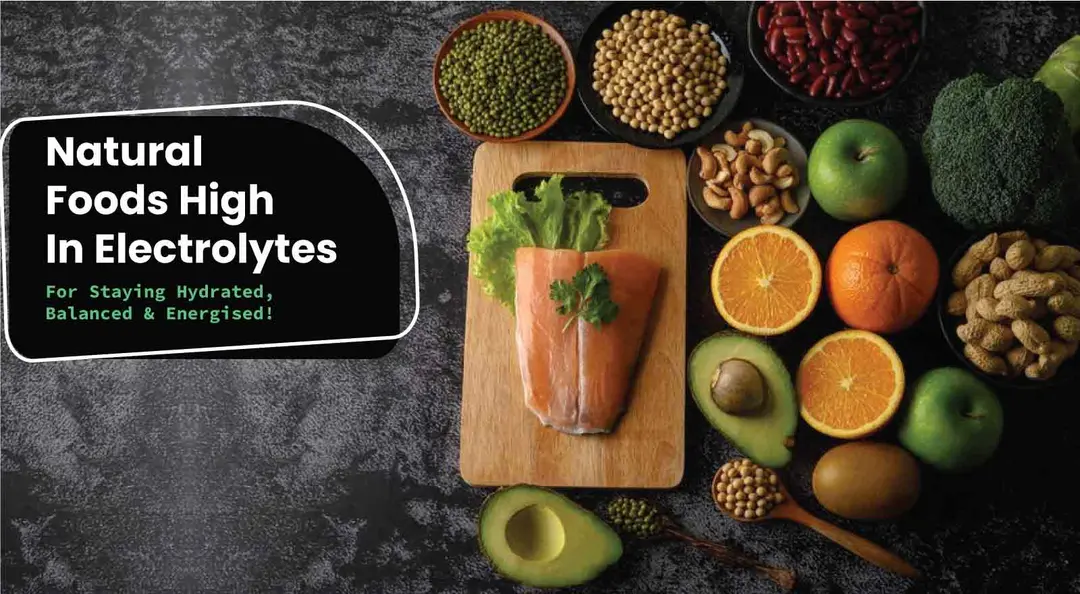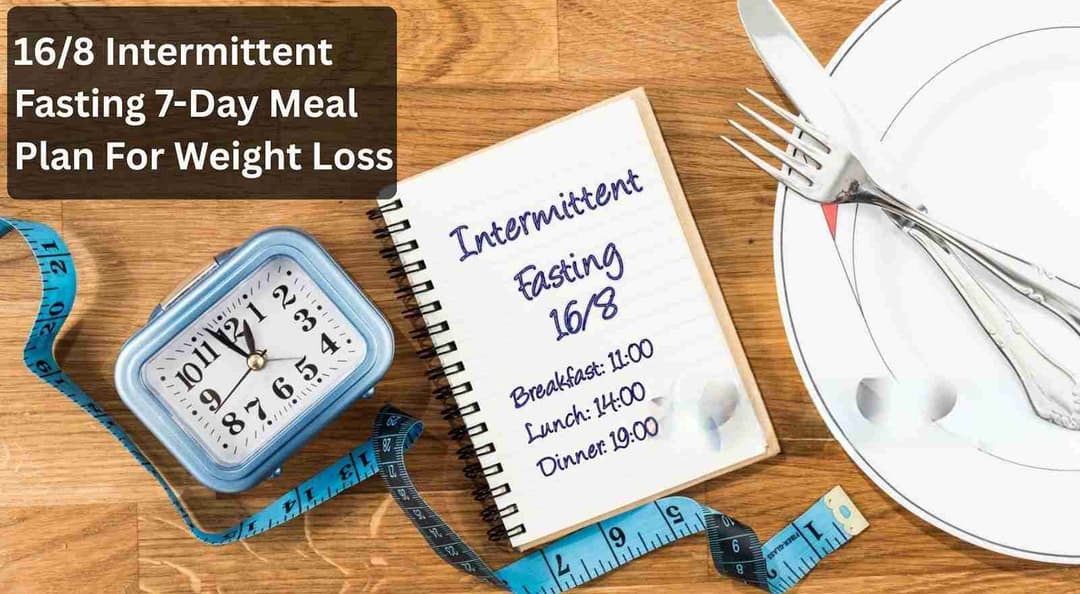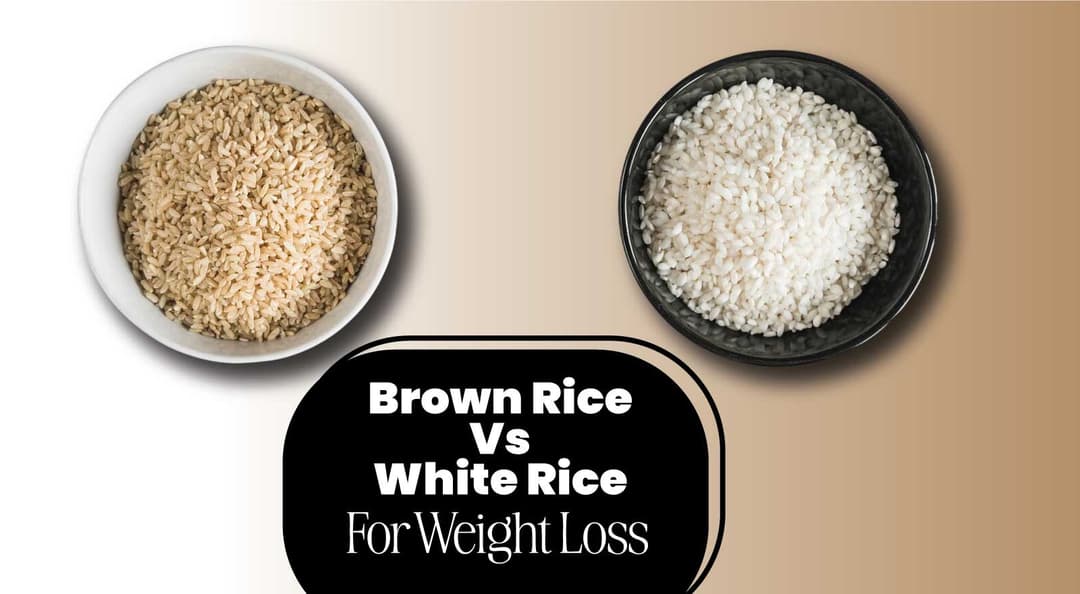Do you know how lacking essential nutrients can lead to life-threatening diseases? Malnutrition, a serious global health issue, arises from inadequate or excessive nutrient intake, causing severe chronic diseases. But what exactly is malnutrition, and how does it impact your health? It can result in severe diseases like kwashiorkor, anaemia, rickets, and osteoporosis, each with its concerning symptoms. These diseases caused by malnutrition affect millions, especially in regions with food scarcity, and cause long-term physical and cognitive damage if not addressed. Understanding these diseases helps to prevent and manage their harmful effects.
But what diseases are caused by malnutrition, and how can we prevent them? This blog explores all the diseases caused by malnutrition, uncovering its causes and effects. So, keep reading!
Table Of Contents
1. What Is Malnutrition?
2. 10 Diseases Caused By Malnutrition
3. Expert’s Advice
4. The Final Say
5. FAQs
6. References
What Is Malnutrition?
Malnutrition occurs when someone needs more nutrients, vitamins, and minerals. It can happen if you eat too little, too much, or the wrong kinds of food. There are two main types: undernutrition, which means you are not getting enough food and it's causing you to lose weight, grow slowly, and get sick easily; and overnutrition, which means you are eating too much unhealthy food and it's causing you to become overweight or obese and have other health problems. Malnutrition can affect anyone, regardless of age, and can lead to serious health issues if it's not treated.
Also Read: What Is Malnutrition Disease? Know The Symptoms, Causes, And Foods To Eat To Prevent It!
10 Diseases Caused By Malnutrition

Let’s discuss and understand these diseases caused by malnutrition to prevent:
1. Kwashiorkor
Kwashiorkor is a severe protein deficiency often seen in children in regions with limited food supply. It arises from diets high in carbohydrates but low in protein. This lack of protein causes the body to cut down muscle for energy, causing muscle wasting. Symptoms include a bloated abdomen from fluid buildup, thinning hair, and skin lesions.
Kwashiorkor weakens the immune system, making the body more prone to infections. Treatment involves providing a protein-rich, high-calorie diet, usually through therapeutic feeding programs.
To help with protein deficiency, you can also take supplements like ToneOp Care's Spirulina Powder. Spirulina is a great source of protein, containing 60% protein with all the essential amino acids your body needs. This protein helps with muscle development, strength, and recovery. Spirulina also improves stamina and energy levels.
In addition to protein, Spirulina is packed with important nutrients, including vitamins and minerals. For example, vitamin C in Spirulina helps your body produce white blood cells, which are important for fighting infections. Taking Spirulina can be a helpful way to support your health and recovery!
2. Marasmus
Marasmus is caused by extreme deficiencies in calories and protein, leading to drastic weight loss and muscle wasting. It mainly affects infants and children in areas with food scarcity. Symptoms include a skeletal appearance, dry skin, brittle hair, and stunted growth. The body uses fat plus muscle for energy, resulting in profound weakness. Marasmus also impairs the immune system, increasing susceptibility to infections.
Treatment involves gradually reintroducing nutrient-rich, energy-boosting foods and treating any infections or complications. Adequate nutrition and medical care are essential to recovery and preventing long-term effects.
3. Iron Deficiency Anaemia
This deficiency anaemia occurs when the body doesn’t have the required iron to produce haemoglobin, the protein in red blood cells that carries oxygen. This leads to fatigue, weakness, pale skin, and shortness of breath. Iron deficiency can be seen from poor dietary intake, blood loss, or reduced absorption. Children and women of reproductive age are particularly at risk.
Treatment includes iron supplements and iron-rich foods like red meat, Pumpkin Seeds, beans, and fortified cereals.
4. Rickets
Rickets occurs when bones weaken due to a lack of vitamin D, calcium, or phosphate. It mainly affects children and results in weak bones, skeletal deformities, and growth issues. Vitamin D is necessary for required calcium absorption; bones fail to mineralise properly without it. Symptoms include bowed legs, enlarged wrists and ankles, and a protruding breastbone.
Rickets can cause pain, poor growth, and dental problems. Prevention and treatment involve ensuring adequate vitamin D intake through sun exposure, food, and supplements. Proper nutrition and timely action are essential for healthy bone development and preventing complications.
Also Read: 15 Types of Malnutrition Diseases & Low Protein-Energy Impact On Body!
5. Scurvy
Scurvy results from a vitamin C deficiency, which is essential for collagen formation, faster wound healing, and immune support. Previously, it was common among sailors with limited access to fresh fruits and vegetables. Symptoms include fatigue, swollen and bleeding gums, joint pain, and skin rashes. Severe deficiency leads to anaemia, tooth loss, and poor wound healing.
If untreated, scurvy can be fatal. Consuming vitamin C-rich foods like citrus fruits, tomatoes, and broccoli can prevent and treat scurvy. In severe cases, vitamin C supplements are required to restore health and prevent further complications.
6. Beriberi
This is caused by a nutrient deficiency in thiamine (vitamin B1), which is necessary for energy production and nerve function. It can present as wet beriberi, affecting the cardiovascular system with symptoms like swelling and heart failure, or dry beriberi, which impacts the nervous system and causes muscle weakness and paralysis. Thiamine deficiency is common in diets dependent on refined rice and chronic alcoholics.
Early signs include fatigue, irritability, and nerve discomfort in various body parts, especially in limbs. Treatment involves thiamine supplementation and a diet rich in whole grains, legumes, and meat. Timely intervention is crucial to prevent severe neurological and cardiovascular damage.
Also Read: Healthy Foods For Weight Loss To Add In Your Diet
7. Pellagra
It occurs due to a deficiency in niacin (vitamin B3) or tryptophan and mainly affects people whose diets are low in these nutrients, especially those relying heavily on untreated corn. Pellagra is characterised by the “three Ds” – dermatitis, diarrhoea, and dementia. Without treatment, it can cause severe neurological damage and eventually lead to death.
Niacin is vital for energy production and DNA repair. Treatment includes niacin supplements and a diet with niacin-rich foods like meat, fish, and whole grains. Early diagnosis plus treatment can reverse symptoms and prevent complications.
8. Night Blindness And Xerophthalmia
Vitamin A deficiency causes severe night blindness and xerophthalmia, which supports eye health and immunity. Night blindness impairs vision in low light, while xerophthalmia causes dry eyes and corneal damage, potentially leading to permanent blindness. These conditions are common in areas with limited access to vitamin A-rich foods like leafy greens, carrots, and fish.
Vitamin A is necessary for maintaining healthy eye tissue and immune function. Preventing these conditions requires sufficient vitamin A intake through diet or supplements, especially in high-risk populations.
Also Read: Foods To Increase Stamina For Running With Tips
To address all vitamin-related deficiencies, you can consider supplementing with ToneOp Care’s Vitamin 360 Tablets. The tablets contain 37 powerful components, including vitamins and probiotics, to ensure there is adequate intake of daily vitamins in your diet. They provide complete 360 nutrition.
For the best results, take 1-2 tablets daily after a heavy to moderate meal, ideally alongside a balanced diet plan from ToneOp Fit. This combination will help maximise the benefits of the vitamins and ensure your body receives the nutrients it needs for optimal health.
9. Goiter
It is the thyroid gland enlargement often caused by iodine deficiency. Iodine is essential for producing thyroid hormones that regulate metabolism. Without enough iodine, the thyroid enlarges to compensate, causing noticeable neck swelling. Goiter can lead to breathing and swallowing difficulties and, in severe cases, hypothyroidism, which causes fatigue and weight gain.
Iodine deficiency often occurs in areas where soil lacks iodine. Prevention involves using iodised salt and consuming iodine-rich foods like seafood and dairy products to support proper thyroid function.
10. Osteoporosis
Osteoporosis involves weakened bones more prone to fractures, often due to insufficient calcium and vitamin D intake. Both nutrients are critical for bone health, with calcium strengthening bones and vitamin D aiding in calcium absorption. A lack of these nutrients reduces bone density, increasing fractures, especially in older adults.
Osteoporosis disease often goes unnoticed until a fracture occurs, commonly in the hip, spine, or wrist. Prevention includes consuming calcium-rich foods like dairy and leafy greens, taking supplements like Bone 360, getting enough vitamin D from fortified foods and sunlight, and weight-bearing exercises to maintain bone strength.
Also Read: 6 Best Exercises For Osteoporosis And To Strengthen Your Bones
Expert’s Advice
To prevent diseases caused by malnutrition, I recommend a balanced diet rich in proteins, required vitamins, and minerals. Include whole foods like fruits, fresh vegetables, lean meats, quality whole grains, and dairy. Regular meals, portion control, and staying hydrated are crucial. Also, addressing specific deficiencies early can prevent serious health complications.
Health Expert
Akshata Gandevikar
The Final Say
Therefore, diseases caused by malnutrition are a serious global problem that has a big impact on people's health and wellness. It affects people of all ages and backgrounds, so it's important to find out what causes it and take steps to prevent and treat it. For better energy levels, ensuring people have access to healthy food and good eating habits makes a difference. So, let’s work together to reduce diseases caused by malnutrition and create a healthier future for everyone.
FAQs
1. Can malnutrition cause back pain?
Yes, malnutrition can lead to back pain. Your bones and muscles can become weak when you don't get enough nutrients like vitamin D and calcium. This can cause conditions like osteoporosis, muscle wasting, and back pain.
2. Can malnourishment cause anemia?
Yes, malnourishment can cause anaemia. You need iron, vitamin B12, and folate to make red blood cells. If you don't get enough of these nutrients, your body won't be able to produce enough healthy red blood cells, and you will have anaemia.
3. Can we eat fortified foods to reduce malnutrition?
For sure, you can eat fortified cereals, milk, and other foods to help reduce malnutrition. Fortified foods add extra nutrients, which can help you get the nutrients you need.
4. Can malnutrition cause blindness?
Yes, malnutrition of vitamin A can cause xerophthalmia which causes dry eyes and corneal damage, potentially leading to permanent blindness.
References
- https://my.clevelandclinic.org/health/diseases/22987-malnutrition
- https://my.clevelandclinic.org/health/diseases/23099-kwashiorkor
- https://borgenproject.org/diseases-caused-by-malnutrition/
- https://www.medicalnewstoday.com/articles/313185
About ToneOp Fit
ToneOp Fit is a platform dedicated to improving and maintaining good health through a comprehensive range of goal-oriented health plans with up to 3 Coach support. With a range of Weight Management, Medical Condition, Detox Plans, and Face Yoga Plans, the app also provides premium health trackers, recipes and health content. Get customised diet, fitness, naturopathy & yoga plans and transform yourself with ToneOp.








































